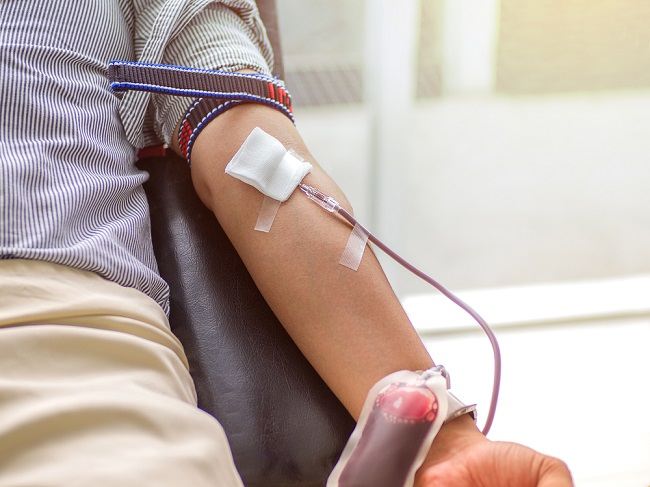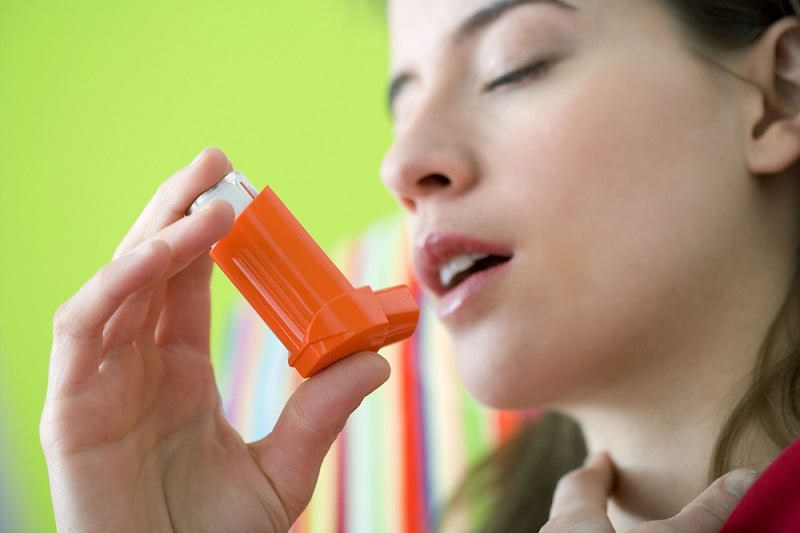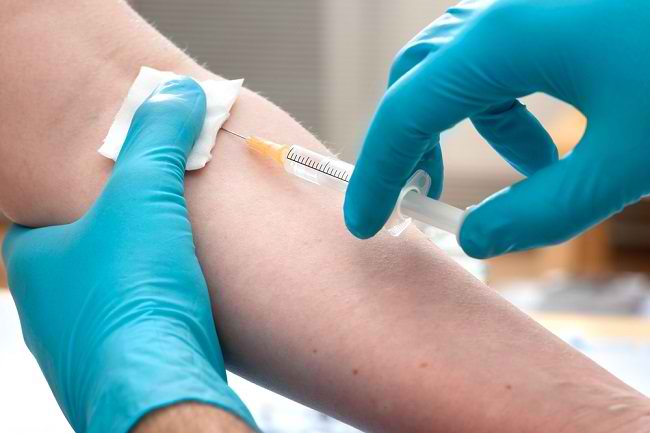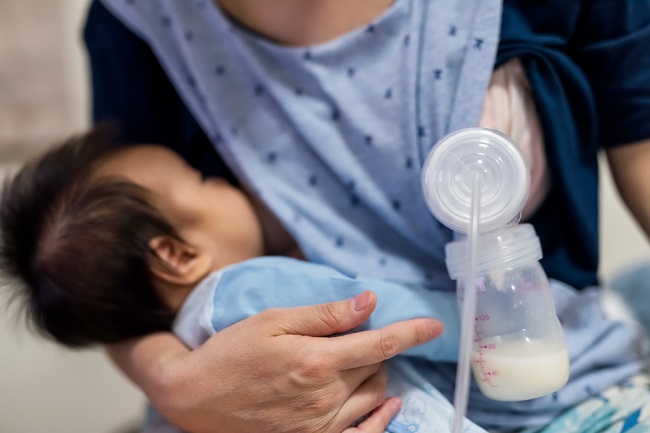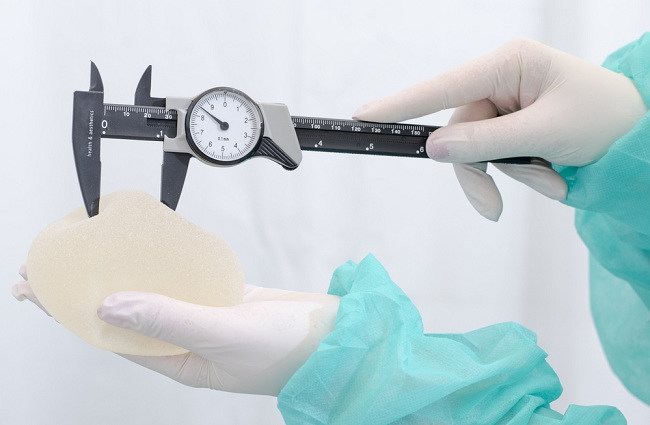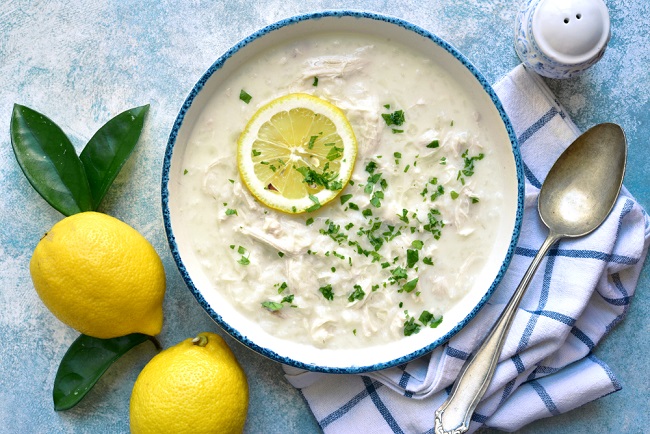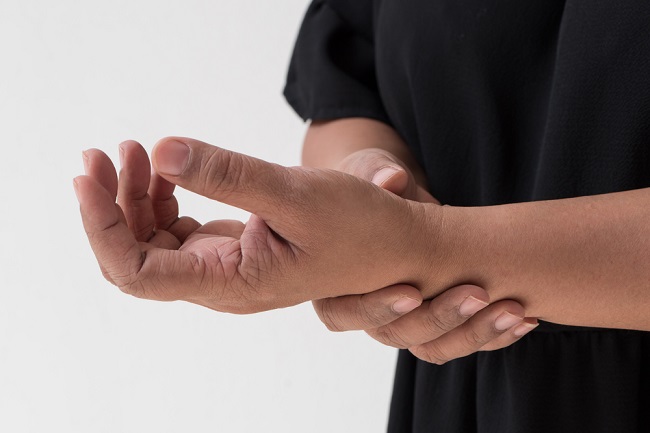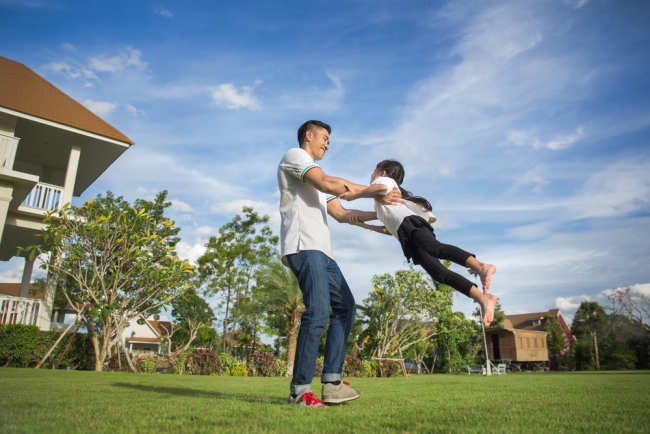Preventing children from mosquito bites is an important step to keep children away from various diseases that are transmitted through mosquitoes, such as dengue fever and malaria. What ways can Mom and Dad do it? Check out the answer in the following article.
Mosquitoes can bite children during the day or night. These insects usually like dark and damp places, such as under the sink, bathroom, or between hanging clothes.

Various Types of Diseases Caused by Mosquito Bites
Mosquito bites not only cause itching and bumps on the skin, but also carry the risk of dangerous diseases. The following are the types of diseases caused by mosquito bites:
1. Dengue fever
Dengue fever is caused by infection with the dengue virus which enters the body through mosquito bites Aedes aegypti. These mosquitoes live in countries with subtropical and tropical climates, such as Indonesia.
When a child has dengue fever, he or she can experience various symptoms, such as fever, headache, muscle aches, nausea and vomiting, weakness, red rash on the skin, stomach pain, and nosebleeds. These symptoms usually appear about 3–14 days after the child is bitten by a mosquito.
2. Malaria
Malaria is caused by mosquito bites Anopheles containing the Plasmodium parasite. Apart from mosquito bites, this disease can also be transmitted through blood transfusions, organ donation, sharing needles with malaria sufferers, or from pregnant women to their fetuses.
When exposed to malaria, children may experience symptoms such as fever, chills, headache, muscle aches, nausea, vomiting, and diarrhea. Sometimes, malaria can also cause a child to have jaundice.
If it attacks the brain, malaria can even cause children to have seizures and coma. Malaria can recur or reappear months after infection or even years later.
3. Chikungunya
Not only dengue fever, mosquito bites Aedes aegypti can also transmit chikungunya disease. If your child has this disease, the most common symptoms are fever, joint and muscle aches, headaches, red rashes on the skin, and fatigue.
These symptoms usually appear 3–12 days after the child is bitten by a mosquito and will usually improve in approximately 1–2 weeks. In some people, the symptoms that appear can be mild and often go unnoticed. However, there are also people with chikungunya who experience severe symptoms.
4. Elephant's feet
Elephantiasis disease is caused by infection with filarial worms that are transmitted through mosquito bites. As the name implies, a child's legs will experience swelling if infected with these worms. In addition to the legs, swelling can also occur in other body parts, such as the genitals, chest, and arms.
5. Zika
This disease is caused by Zika virus infection which is transmitted through mosquito bites Aedes aegyptiI and Aedes albopictus. Zika disease often has no symptoms. If they do occur, symptoms are usually mild and occur 2–7 days after the child has been bitten by a mosquito.
Symptoms may include fever, itching, skin rash, headache, joint and muscle pain, lower back pain, conjunctivitis, and pain behind the eyes.
Zika disease can lead to complications, such as Guillain-Barré syndrome and inflammation of the brain and lining of the brain (meningoencephalitis). In pregnant women, Zika virus infection can cause the fetus to be born prematurely or to develop a congenital defect, namely microcephaly.
Preventing Children from Mosquito Bites
So that your little one avoids mosquito bites that cause the various diseases above, Mother and Father can do the following ways:
- Diligently clean water storage containers that have the potential to become a breeding ground for mosquitoes.
- Avoid taking your little one out of the house in the morning and evening when mosquitoes are prone to circulating.
- Wear long pants and brightly colored long-sleeved shirts, especially when playing outside.
- Install mosquito nets on windows and mosquito nets on your little one's bed.
- Use a special mosquito repellent lotion for babies and children. However, remember that these lotions are generally only allowed to be used on babies over the age of 2 months and should only be applied once a day.
If you want to use natural ingredients, Mom and Dad can choose telon oil or essential oils derived from plants, such as eucalyptus oil (Eucalyptus), lavender, lemon, or lemongrass. However, this material is not recommended to be given to children under 3 years of age.
How to Use Mosquito Remedy on Children
There are several things that Mom and Dad need to pay attention to if you want to use topical mosquito repellent to protect your little one from mosquito bites, including:
- Avoid applying mosquito repellent on the palms of the hands, around the mouth and eyes of the Little One.
- Apply the medicine on the surface of your baby's skin that is not protected by clothing or on his clothes.
- Don't let your little one use their own insect repellent because children have a habit of rubbing their eyes with their hands or putting their hands in their mouths.
- Avoid applying mosquito repellent on your little one's skin that is experiencing irritation or on scars.
- Stop using the topical medication if there is an allergic reaction or irritation to your little one's skin.
- Store the mosquito repellent in a place that is difficult for your little one to reach.
If the insect repellent accidentally gets into your little one's eyes, immediately rinse his eyes with water for at least 15 minutes. If the mosquito repellent is accidentally swallowed by the Little One, immediately take the Little One to the nearest doctor or hospital.
By practicing various ways to prevent children from being bitten by mosquitoes above, your little one will always avoid various diseases that are transmitted through mosquito bites.
